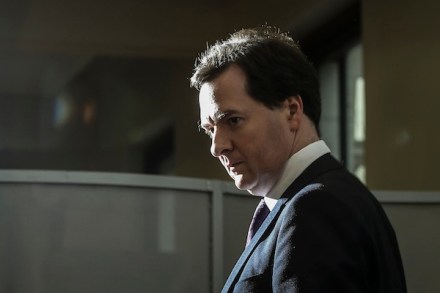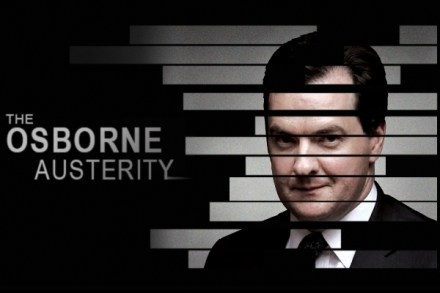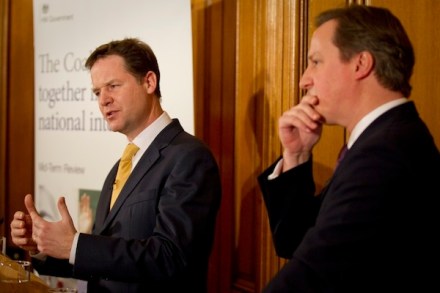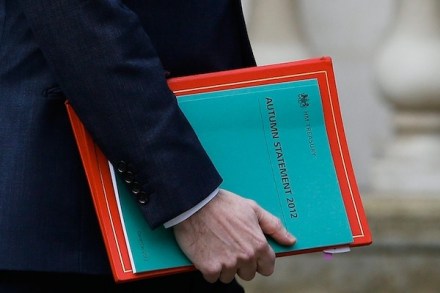AAA loss is politically difficult for Osborne
The United Kingdom’s triple A rating is now lost with one credit rating agency, Moody’s. This is a politically difficult moment for George Osborne. Back in February 2010, he set keeping the triple A rating as one of the key tests of a Conservative government’s economic policy. His opponents will delight in pointing out that he has failed the test he has set himself, while nervousness on the Tory benches about the coalition’s economic strategy will be heightened by this news. Economically, though, I doubt that this will have much impact. In recent weeks, Britain’s debt has been trading more like that of France, which has lost its triple A





















